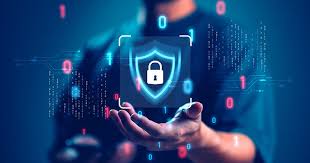
🧾Understand Operating Systems (ICT/OS/CS/CR/02/6/A)
Unit Overview
This unit equips learners with the skills and knowledge to understand, operate, and manage operating systems effectively. It explores how operating systems function as an interface between hardware and users, and how they control processes, memory, input/output, and files to ensure optimal computer performance.
Learning Objectives
By the end of this course, learners should be able to:
-
Explain the concepts and functions of an operating system.
-
Identify and describe types and structures of operating systems.
-
Demonstrate process and memory management techniques.
-
Perform disk, file, and device management operations.
-
Configure local policies and security settings in a Windows environment.
Key Topics
-
Fundamentals of Operating Systems
-
Process Management
-
Input/Output and File Management
-
Local Policy and Security Settings
Assessment Methods
-
Formative: Kahoot quizzes, weekly discussions, and exercises.
-
Summative: Final online assessment (Google Form), practical demonstrations, and report submission.
Learning Mode
-
Online and blended learning
-
Self-paced with guided resources
-
Includes video lessons, quizzes, practical exercises, and discussion forums
Duration
Approx. 5 weeks (1 topic per week)
Recommended study time: 3–4 hours per week
Resources
-
Interactive Kahoot quizzes for practice
-
Google Form assessment for summative evaluation
-
Downloadable reference notes and task sheets
-
Links to OS simulation tools and videos
- Teacher: Admin User